Integrating into a country involves more than just learning the local language and social norms. It also means getting to know the culture, including the people that have put Austria on the map.
So to impress your Austrian friends, or simply to learn more about the country where you live, here are six cultural icons in Austria that you need to know – besides the famous composers.
FOR MEMBERS: The Vienna museums you can go to for free
Falco
Falco – Austria’s most internationally successful pop star – might have died 25 years ago but his impact on the Austrian music scene lives on.
Most people will probably know Falco from his 1985 smash-hit Rock Me Amadeus, which is still the only German-language song to reach number one in the US Billboard Hot 100. Rock Me Amadeus also went to number one in the UK and Japan.
But in Austria, he is much more than a one-hit wonder. Falco – whose real name was Johann Hölzel – still represents Austrian music today and is often mentioned in the same sentence as Beethoven and Schubert. He is also equally remembered for epitomising the culture of Vienna and for living a hedonistic lifestyle.
Plus, at the peak of his fame he could have moved to the US and enjoyed massive global success, but instead he chose to stay in Austria, singing mostly in his Viennese dialect. That means a lot to Austrians.
Unfortunately, Falco experienced some personal losses in his private life, particularly when he discovered he was not the biological father to his seven-year-old daughter. This prompted a move to the Dominican Republic where he died in a car crash in 1999, aged 40.
READ ALSO: Cult Austrian Soviet-nostalgia band Russkaja breaks up over safety fears
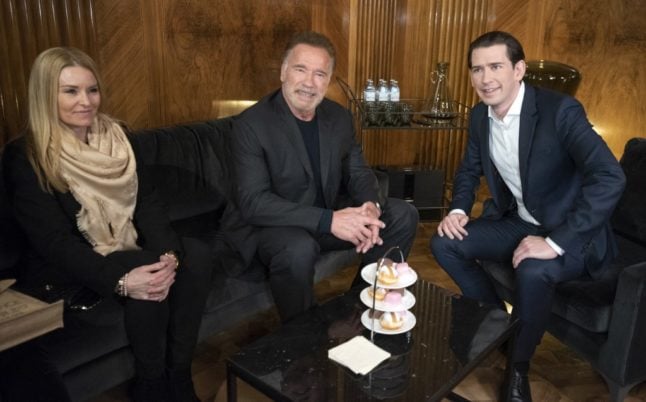
Arnold Schwarzenegger
Arnold Schwarzenegger – or Arnie, as he is widely known – is possibly Austria’s most famous export. He is an actor, a film producer, the former Governor of California and a retired bodybuilder.
But despite his mega fame and life in the US, Schwarzenegger still finds time to attend the annual Hahnenkamm downhill ski race in Kitzbühel, something that the local press love to publicise.
And to many Austrians he is still the boy from a Styrian village that followed his dreams, travelled to the US (without knowing much English) and made it as a superstar – all while keeping his Austrian accent.
Arnie’s story is one of escaping conformist 1960s Austria to the liberal world of west coast US, proving to everyone (not just Austrians) that believing in yourself can take you far.
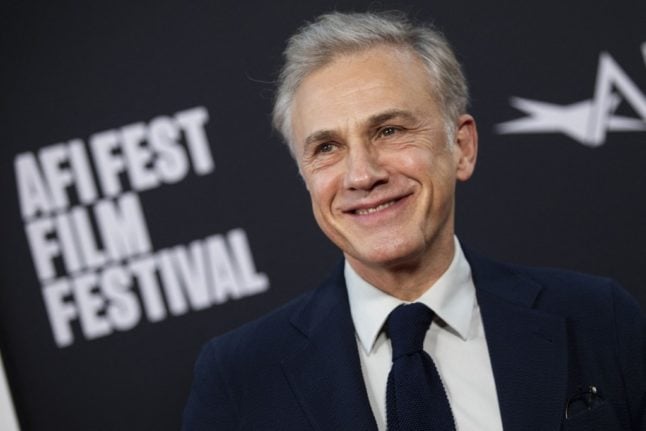
Christoph Waltz
Actor Christoph Waltz is another Austrian star that has found international fame. In the English-speaking world, he is mostly known for his work with Quentin Tarantino and for playing the baddie Blofeld in the Bond franchise.
Born in Vienna in 1956, his early acting career was at the Schauspielhaus in Zurich, Switzerland, before becoming a TV actor and then moving into directing with the German TV show, Wenn man sich traut (If you dare).
Waltz’s international breakthrough came in 2009 when he was cast in Tarrantino’s Inglourious Basterds. He has since starred in numerous US films, including Django Unchained and Water for Elephants.
Today, Waltz is one of Austria’s most famous citizens, respected as much for his multilingual abilities (he is fluent in German, French and English) as for his acting.
He also still has a home in Vienna and divides his time between the Austrian capital, Berlin and LA.
READ NEXT: Seven common myths about Austrian food you need to stop believing
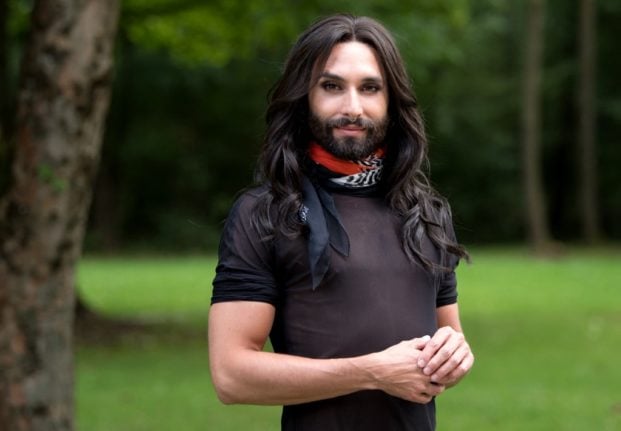
Conchita Wurst
Conchita Wurst might not have reached the same giddy heights of fame as the likes of Arnold Schwarzenegger or Christoph Waltz, but that doesn’t make her any less important – at least in Austria.
For those that don’t know, Conchita Wurst – or Tom Neuwirth, to use her real name – is an artist and singer. She won the European Song Contest in 2014 and is a vocal campaigner of LGBTQ rights.
In Austria, Conchita Wurst is a household name and is especially popular in Vienna where she is based. But the path to fame hasn’t always been smooth and, in 2014, there were calls within Austria to remove her as the country’s entry into the Eurovision Song Contest.
Today, the star is still a famous face in the gay community in Austria and recently said the Eurovision win forced people in Austria to have a conversation about gender, whether they were ready to or not.
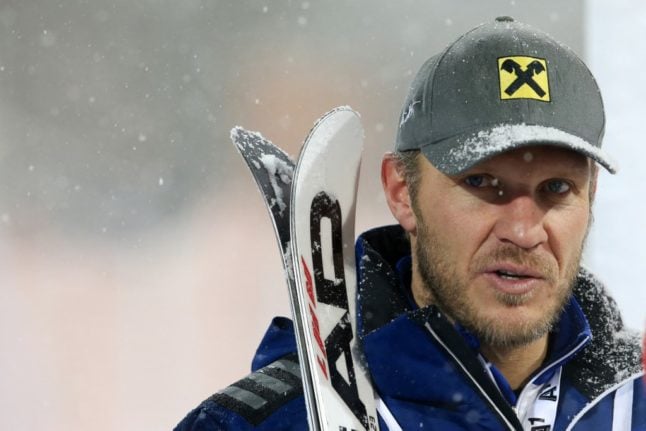
Hermann Maier
Hermann Maier, also known as the Herminator, is an Austrian sporting legend and one of the greatest alpine ski racers in history. As well as being famous for staging one of the sport’s biggest ever comebacks.
Growing up in Salzburg, Maier showed promising signs as a junior skier but was not selected by the Austrian national team. He didn’t let that hold him back though and started to make a name for himself after winning the Europa Cup in 1996.
Then, at the 1998 Winter Olympics, he survived a terrible crash on the piste to go on to win two gold medals for Austria. This led to his Herminator nickname and cemented his reputation as a national hero.
But in 2001 it was almost all over after he was involved in a serious motorbike accident and came close to losing a leg. Many thought the Herminator would never ski again, but he surprised everyone in 2003 by winning the Super-G race in Kitzbühel.
In the Austrian Alps, locals still love sharing stories about the Herminator, especially his down-to-earth attitude and determination to not give up – two traits that make Austrians very proud.
FOR MORE: Eight habits that show you’ve embraced life in Austria
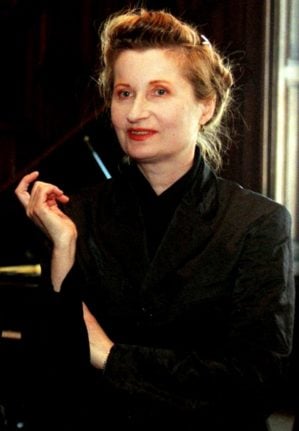
Elfriede Jelinek
Outside of international literary circles, Elfriede Jelinek is not well known. But she is actually one of Austria’s most successful writers, and is one of the most decorated writers in the German-speaking world.
Jelinek was even awarded the Nobel Prize for Literature in 2004 for the “musical flow of voices and counter-voices in her novels and plays,” and her “extraordinary linguistic zeal, which reveals the absurdity of society’s cliches and their subjugating power”.
But she is also a controversial figure in Austria, mostly for being a former member of the communist party and for her criticism of her homeland.
Despite this, she has continued to enjoy acclaim as a playwright and novelist, and her latest play Schnee Weiß (Snow White) – based on sexual assault in sport – recently opened at the Landestheater Tirol.

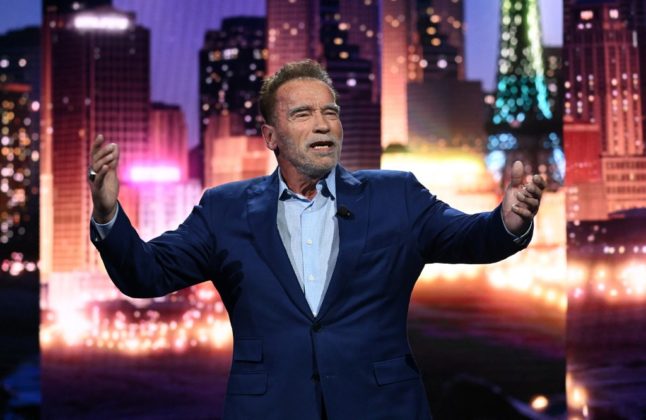
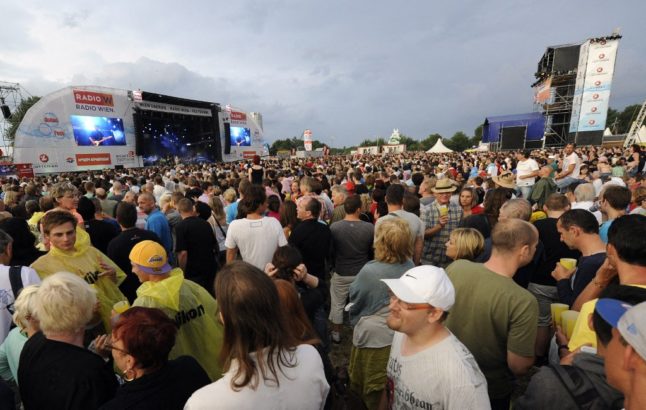
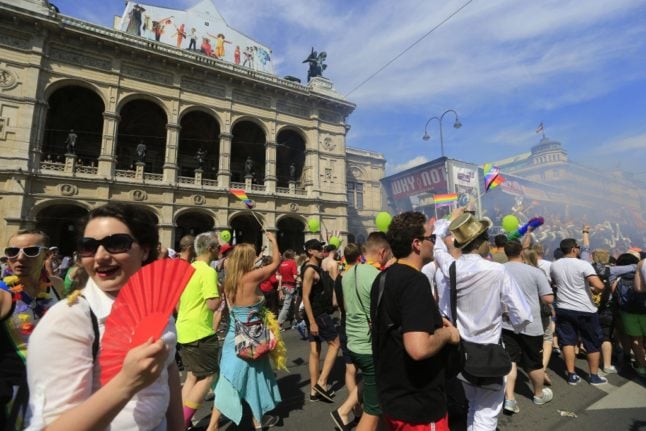
 Please whitelist us to continue reading.
Please whitelist us to continue reading.
Member comments